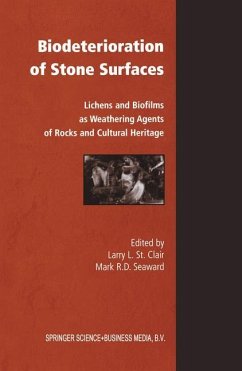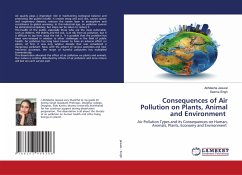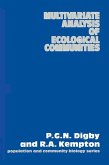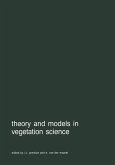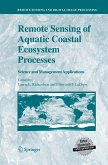This is a timely volume in view of the considerable interest currently shown in the preservation of our cultural heritage, and the extensive and growing literature on the subject. Unfortunately, the latter is to be found in a wide variety of published sources, some aimed at a very specific readership and therefore not all that accessible to those who need this resource. The present volume draws together a spectrum of biodeterioration work from across the world to provide an overview of the materials examined and the methodologies employed to elucidate the nature of the problems, as well as an extensive and current bibliographical resource on lichen biodeterioration. Biodeterioration of historical and culturally important stone substrata is a complex problem to be addressed. Easy, risk-free solutions are simply not available to be dealt with by other than a wide range of expertise. Successful resolution of this issue will inevitably require a multidisciplinary effort, where biologists work in close cooperation with ecologists, geologists, geochemists, crystallographers, cultural property conservators, archaeologists, anthropologists, and historians in order to recommend the most effective management scheme. The advantage of this approach is obvious: multidisciplinary management teams with good leadership can ask more appropriate questions while developing much more thoughtful and informed decisions.
Bitte wählen Sie Ihr Anliegen aus.
Rechnungen
Retourenschein anfordern
Bestellstatus
Storno

